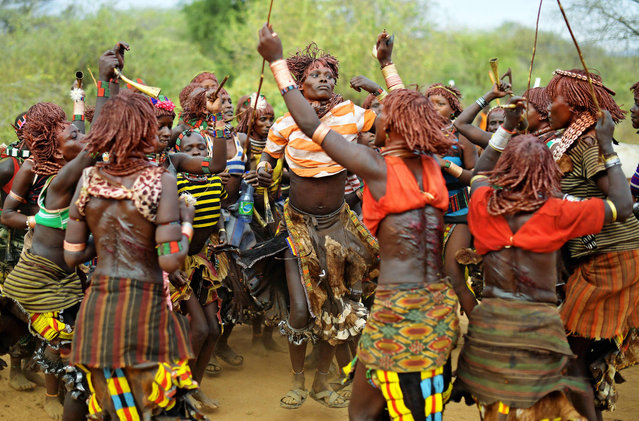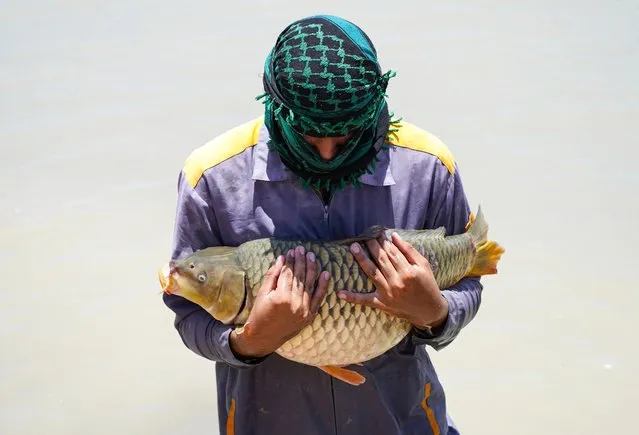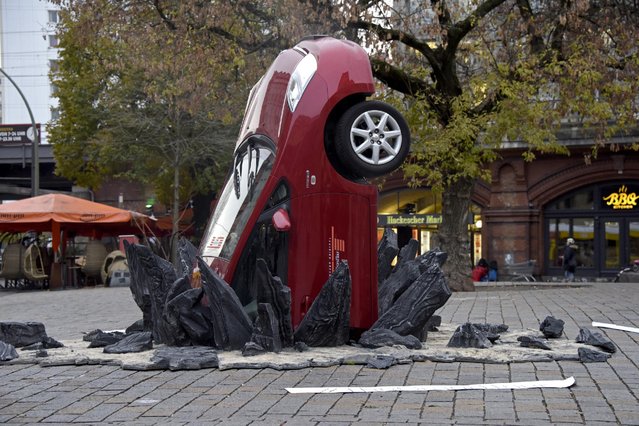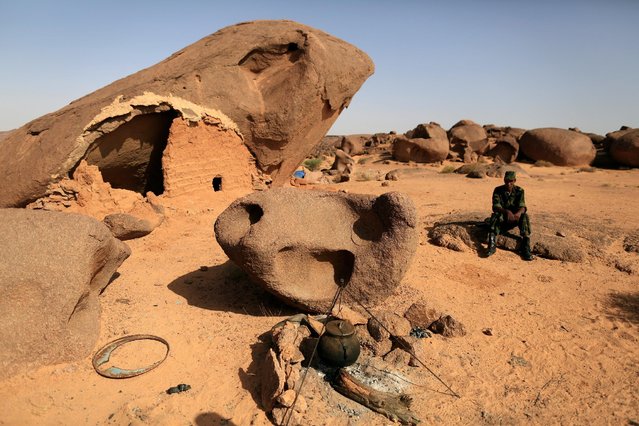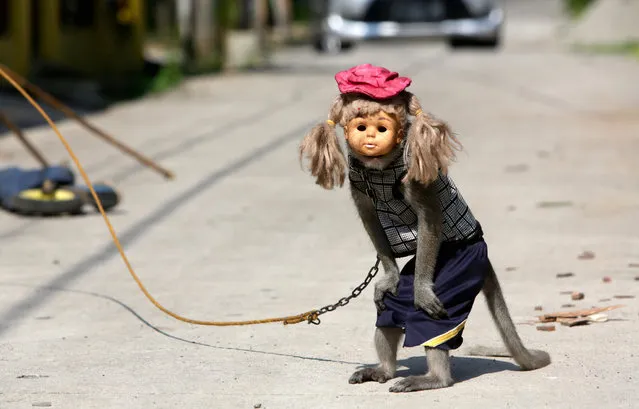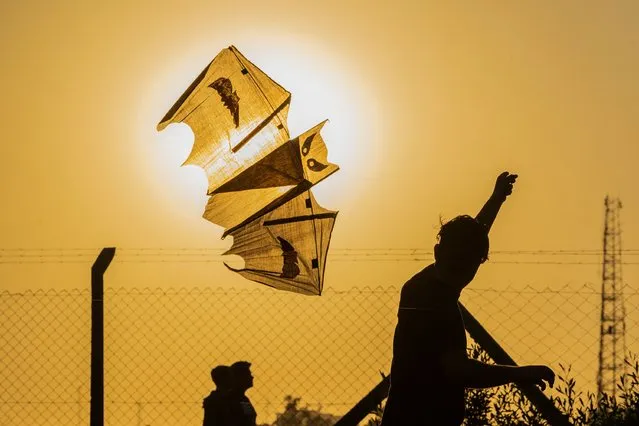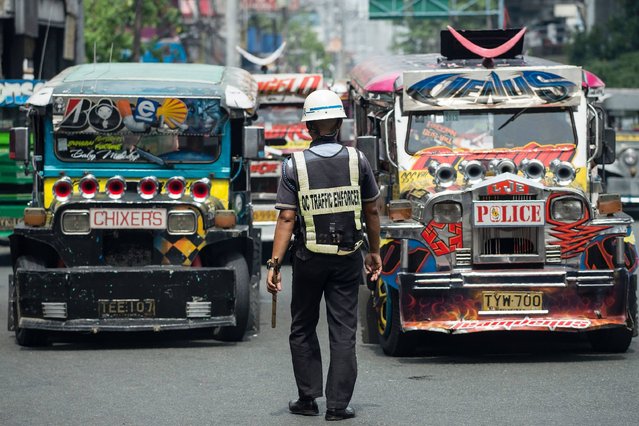
Alpine Skiing, FIS Alpine Skiing World Cup, Men's Parallel Giant Slalom, Alta Badia, Italy on December 19, 2016. Hostesses take a bath in a Jacuzzi pool during the race. (Photo by Stefano Rellandini/Reuters)
20 Dec 2016 13:04:00,post received
0 comments

